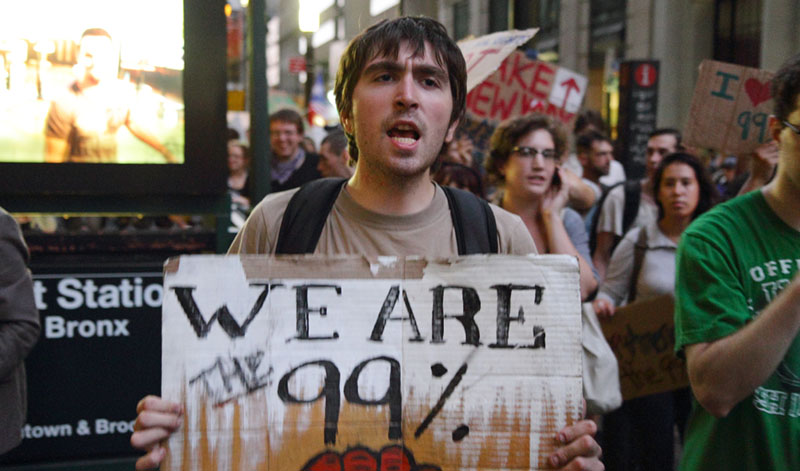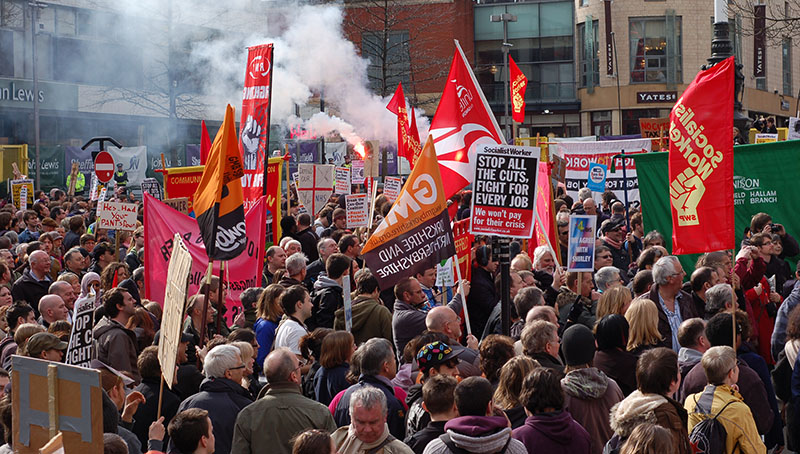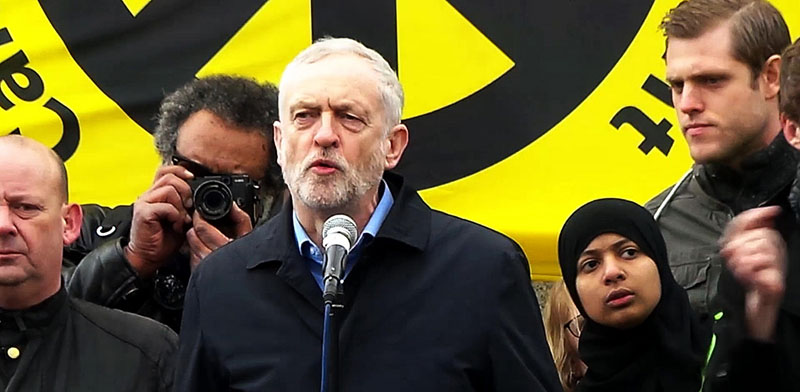 A protester at the Occupy Wall Street protest, 2011.
A protester at the Occupy Wall Street protest, 2011.
Global discontent
Young people are politically engaged
 Protests in Barkers Pool, Sheffield, 12th March, 2011.
Protests in Barkers Pool, Sheffield, 12th March, 2011.
The rise of Momentum
 Jeremy Corbyn speaking at the #StopTrident rally at Trafalgar Square on Saturday 27th February, 2016.
Jeremy Corbyn speaking at the #StopTrident rally at Trafalgar Square on Saturday 27th February, 2016.


Rate and Review
Rate this article
Review this article
Log into OpenLearn to leave reviews and join in the conversation.
Article reviews